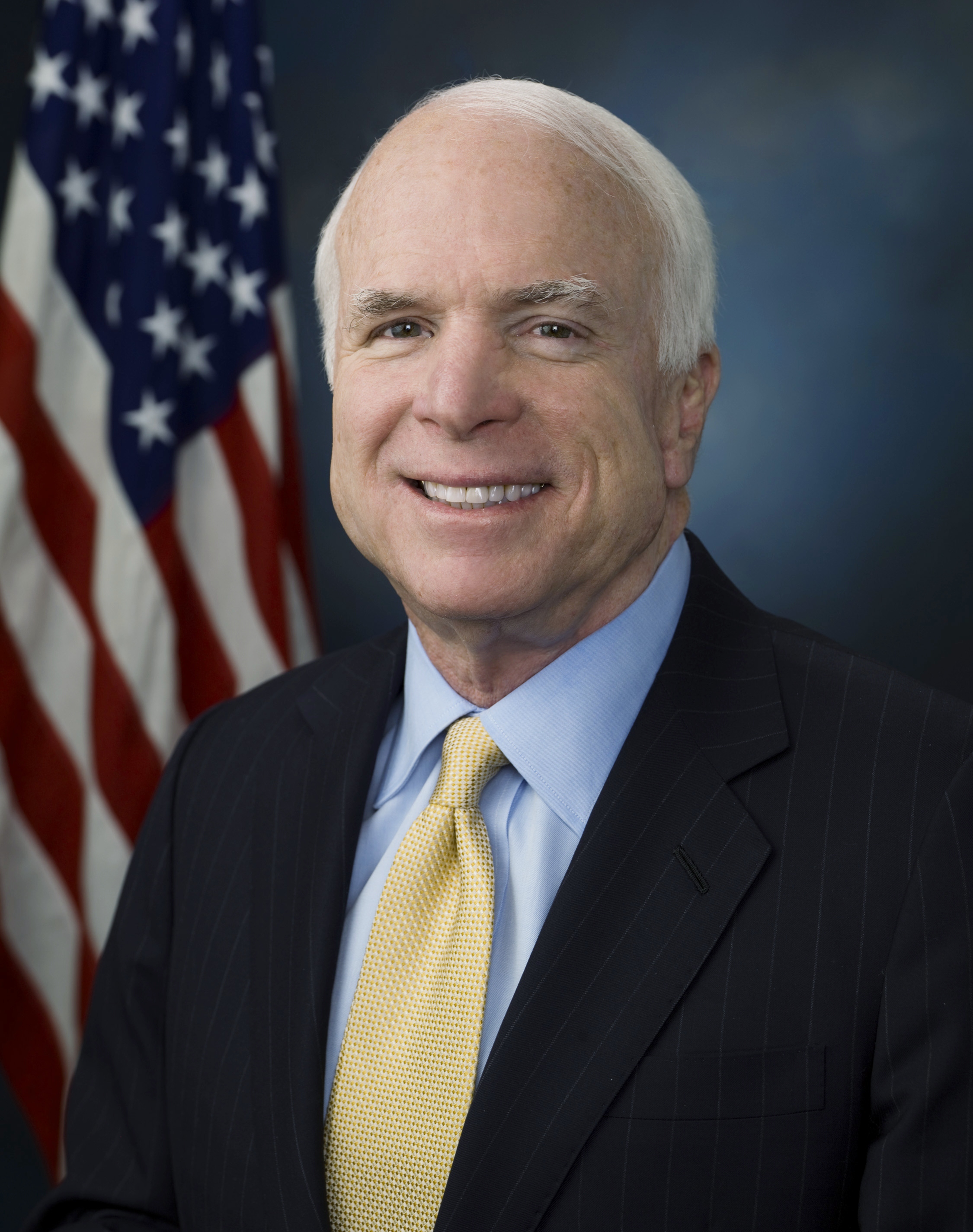Sen. John McCain throws support towards State Regulation of Sports Betting
In 1992, the Professional and Amateur Sports Protection Act (PASPA) went into effecting, prohibiting sports betting on a federal level in all but 4 US states. Like several high-ranking politicians before him, Senator John McCain is speaking out against PASPA, saying states should have the right to regulate sports betting. His argument is geared mostly towards the lack of taxation on a multi-billion dollar industry.
 As McCain was eager to point out in an interview with ESPN’s Andy Katz and ABC’s Rick Klein, the hosts of ESPNRadio’s ‘Capital Games’, there are untold billions being spent on sports betting every year, and only an estimated 3% of those wagers are the legal variety. That means the other 97% are occurring underground, therefore failing to generate tax dollars for the government.
As McCain was eager to point out in an interview with ESPN’s Andy Katz and ABC’s Rick Klein, the hosts of ESPNRadio’s ‘Capital Games’, there are untold billions being spent on sports betting every year, and only an estimated 3% of those wagers are the legal variety. That means the other 97% are occurring underground, therefore failing to generate tax dollars for the government.
Contending that the regulation of sports betting should be up to individual states is a relevant argument. Other forms of gambling, such as casino games and poker, are regulated on a state by state basis. Why shouldn’t the same go for sports betting? But that argument has led to a dead end time and again. Pointing out all those zeroes at the end of a multi-billion dollar industry that the government is not generating taxation from, on the other hand, could have a lot more sway in the eyes of US administrators.
“We need a debate in Congress,” McCain told Katz and Klein. “We need to have a talk with the American people, and we need to probably have hearings in Congress on the whole issue so we can build consensus.”
At present, only four states are capable of offering sports betting, but only one of them—Nevada—provides a full-scale sports betting market. McCain was asked why Nevada should be the only state with a regulated sports betting industry, to which he responded, “I think you’ve got an excellent point, and that’s why it’s an excellent issue.”
Last week, the Nevada Gaming Control Board released its latest revenue report, indicating that the sports betting industry took in $3.9 billion in sports wagers in 2014. According to industry analysts, the actual amount wagered – legally and otherwise – is somewhere between $138.9 billion (per AGA’s 2013 estimate) and $400 billion annually.
“I think that there [are] places for sports gambling in states, where gambling is legal,” said McCain. By that, McCain asserts that states like New Jersey should have the opportunity to allow sports betting in casinos across Atlantic City, where gambling is a vast, legitimate business.
New Jersey Gov. Chris Christie spent two years lobbying for the right to legalize sports betting in Atlantic City casinos, to no avail. More recently, New Jersey Rep. Frank LoBiondo introduced a bill to modify PASPA, called the Sports Gaming Opportunity Act of 2015, but after initially harvesting 4 cosponsors, three of them have withdrawn, leaving no realistic hope of gaining traction.
The largest problem supporters of state’s rights to regulate sports betting have to face is overcoming the opposition of PASPA’s original backers—the amateur and professional sporting leagues that pushed for federal criminalization in the first place—the NCAA, MLB, NBA, NFL and NHL. It was these organizations that filed the lawsuit that halted New Jersey’s attempt to legalize sports betting last year.
On the plus side, one such organization could join Gov. Christie and Sen. McCain in their advocacy of sports betting. Adam Silver, commissioner of the NBA, wrote an op-ed in the New York Times last November saying essentially the same thing McCain told ESPNRadio yesterday, addressing the need to “legalize and regulate sports betting”.
Silver determined that, “sports betting should be brought out of the underground and into the sunlight where it can be appropriately monitored and regulated.”

